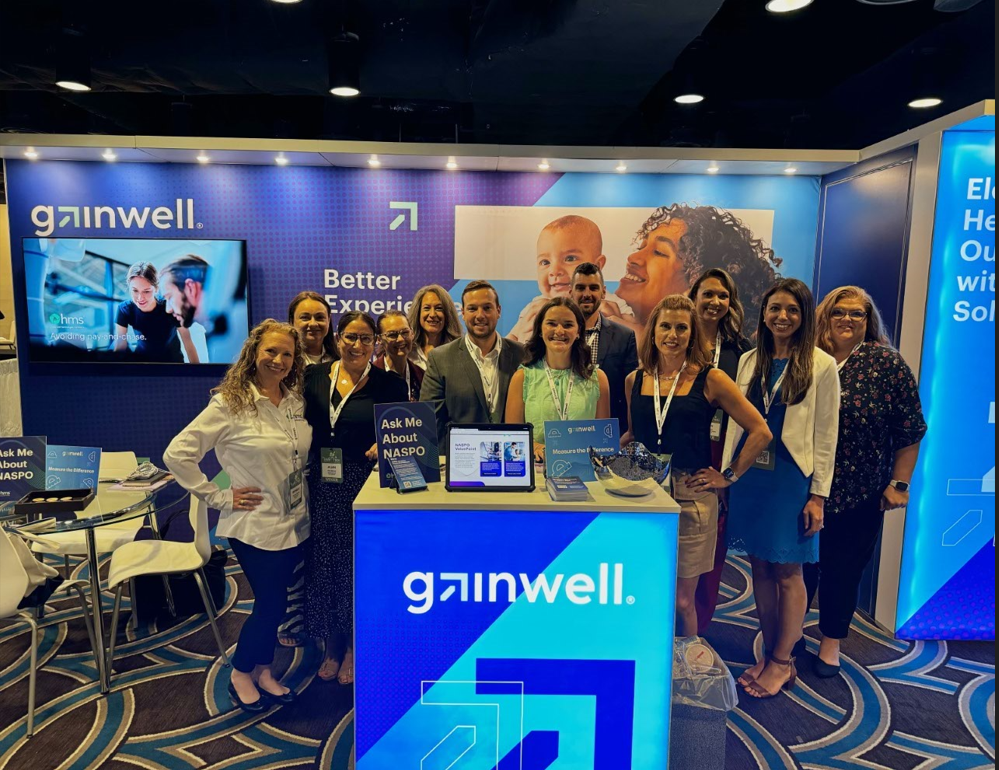New Federal Rule Reinforces Need for Accessible Websites and Mobile Applications

Author: Lea Whitney
In April, the Federal Register published the final rule updating Department of Justice regulations for Title II of the Americans with Disabilities Act (ADA). The rule, 28 CFR Part 35: Nondiscrimination on the Basis of Disability; Accessibility of Web Information and Services of State and Local Government Entities, took effect on June 24, 2024. It establishes the Web Content Accessibility Guidelines (WCAG) Version 2.1, Level AA as the technical standard for web content and mobile apps from state and local governments.
The goal is simple: to ensure that everyone can access and benefit from state and local services and experiences.
Gainwell views accessibility as both a strategic investment and an operational imperative. We recognize that more than one in four Americans (28.7%) lives with some kind of disability, according to the Centers for Disease Control and Prevention (CDC). These disabilities include vision and hearing impairments, as well as challenges with cognition and mobility.
Even before the new rule took effect, Gainwell had adopted a human-centered approach to design, development, and deployment of our Gainwell Go™ member-facing application.
We have “baked in” accessibility at every stage of the product lifecycle. This approach makes accessibility and inclusion a priority rather than afterthought — and combines automated and manual checks on our web and mobile applications at every step.
For example, to meet the needs of users with visual impairment, we scan applications with Axe Deque Tools, NVDA Screen reader for Windows, and Voice over for Mac. We follow Standard Section 508 and WCAG 2.1 guidelines to address user needs related to motion sensitivities. Along with the standard guidelines, we also follow the W3C guidelines for making content accessible to users with cognitive and learning disabilities. In addition, we are creating subject-matter expert groups related to product and accessibility within Gainwell. We aim for these groups to serve as focal points for gathering much-needed user feedback from clients and members through focus groups and research-driven initiatives.
As the product manager for the Gainwell Go™ mobile platform, which empowers Medicaid members with easy access to their health and clinical history, I see accessibility not just as a legal requirement, but as a moral obligation. My perspective is deeply personal; my younger sister, who is 38 and has Down syndrome, has shown me firsthand the challenges individuals with disabilities face when they lack proper access.
I often reflect on this quote from the Consortium for Citizens with Disabilities Technology & Telecommunications and Rights Task Forces, which is posted in my office:
For people with disabilities, accessibility of websites and other [information and communication technology] is a necessity — not a luxury or convenience — that fosters independence, economic self-sufficiency, and active, meaningful participation in civic life.
Economic self-sufficiency. Active, meaningful participation in civic life. Everyone deserves these opportunities — and Gainwell will continue working to support those outcomes through our web and mobile products.
Learn more about Gainwell Go™ and how it enables Medicaid members to access their own health and clinical information and coordinate their care across providers.
Recent Insights
Let’s shape the future of healthcare together.
Start the conversation today.





